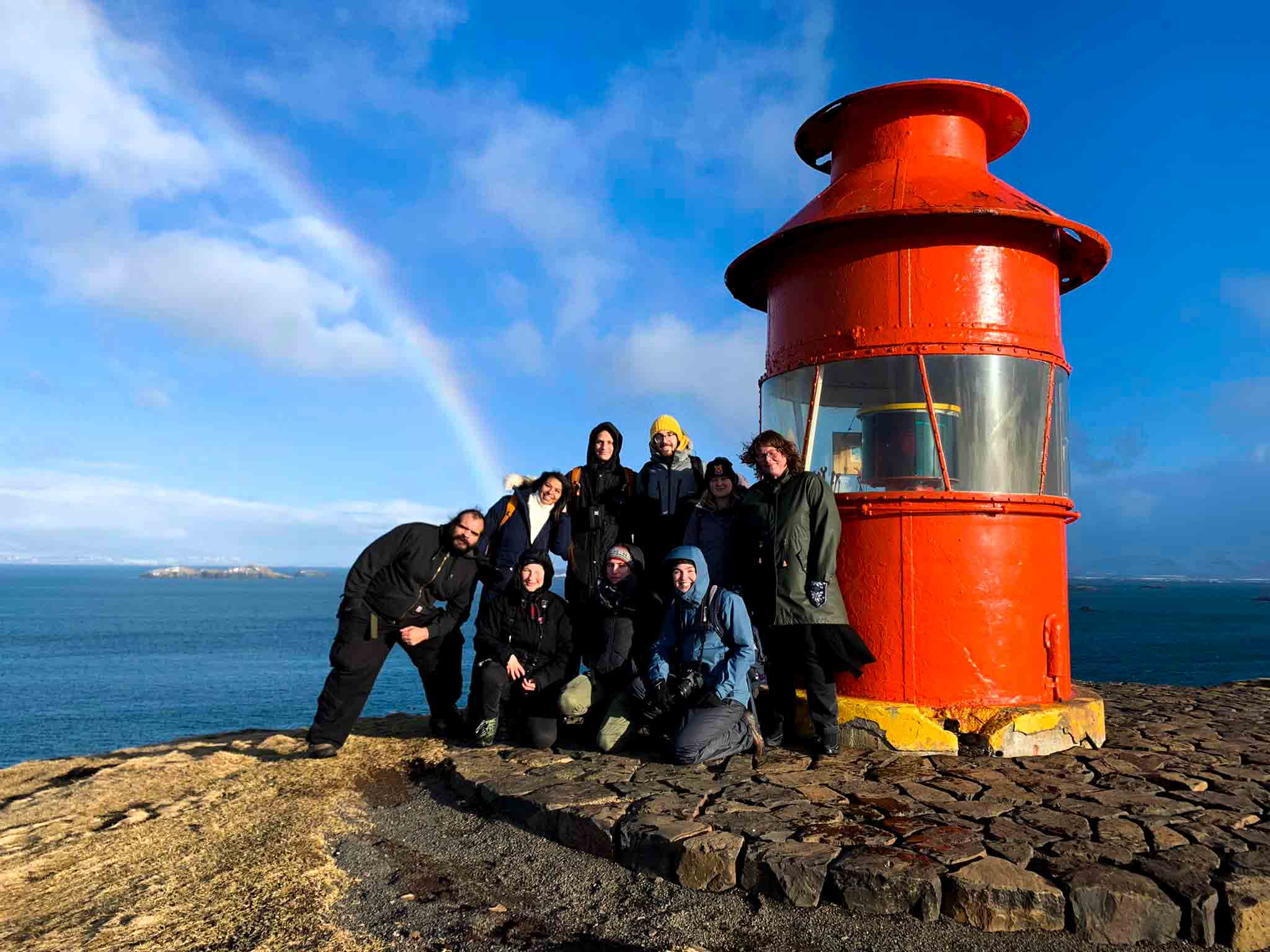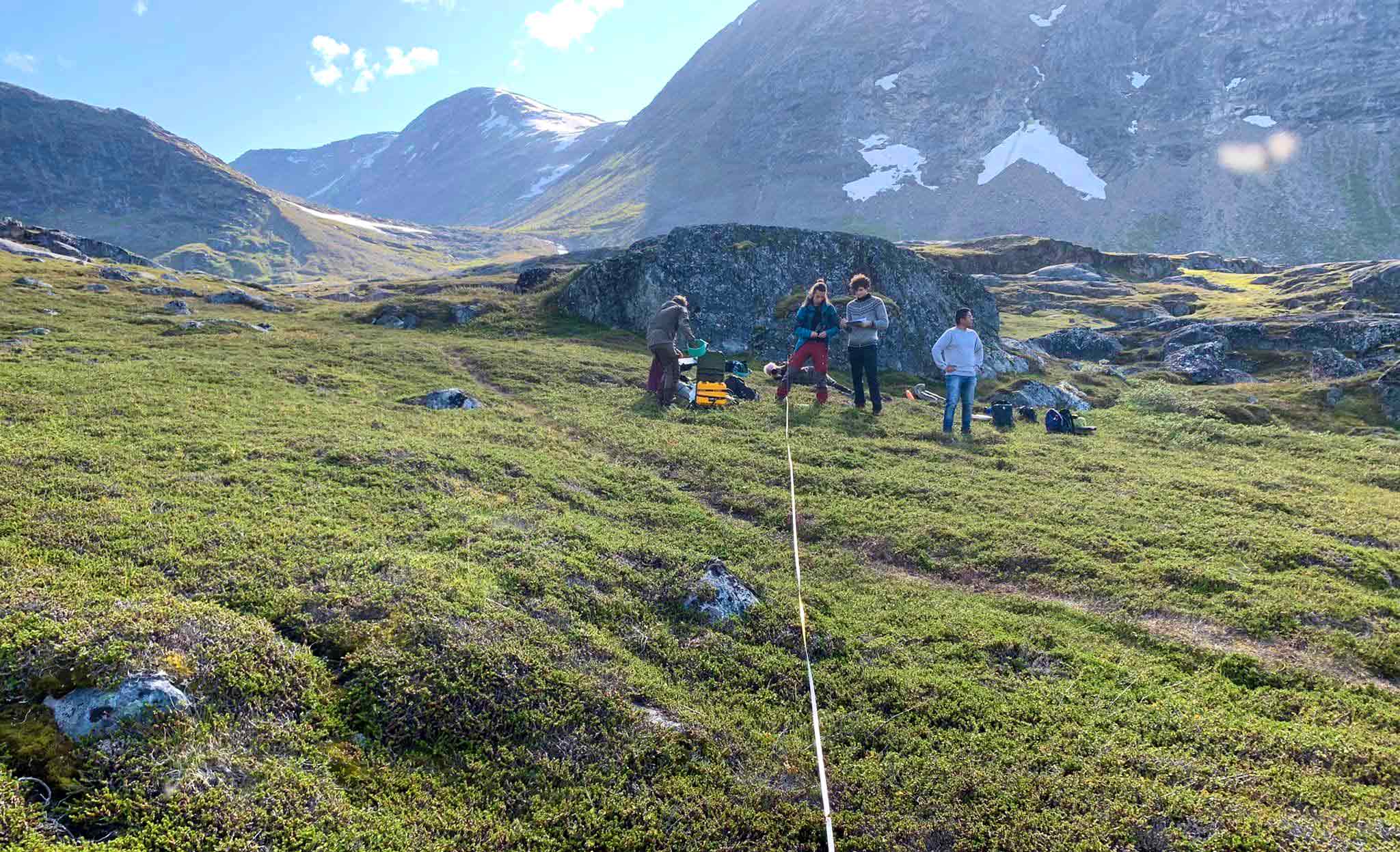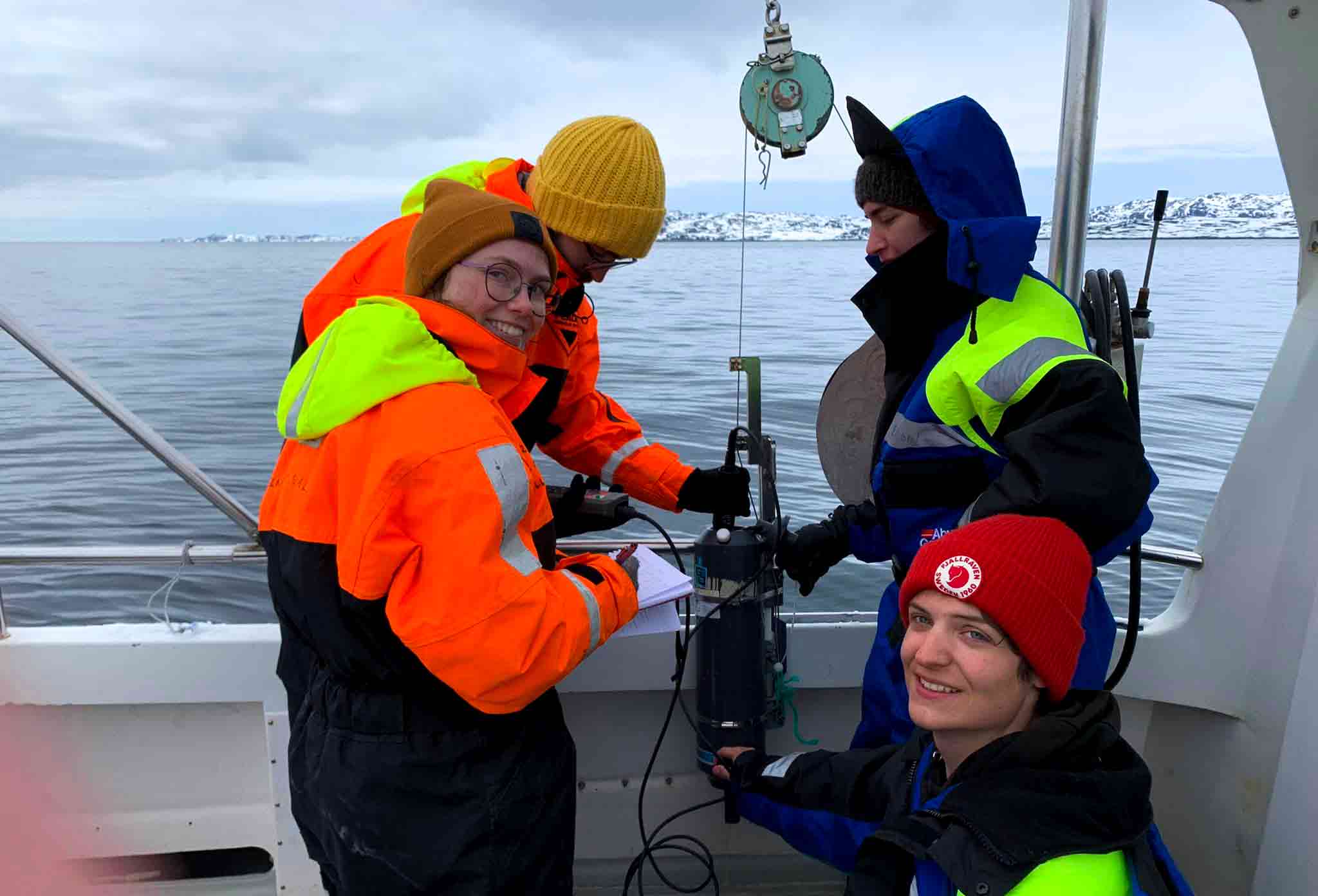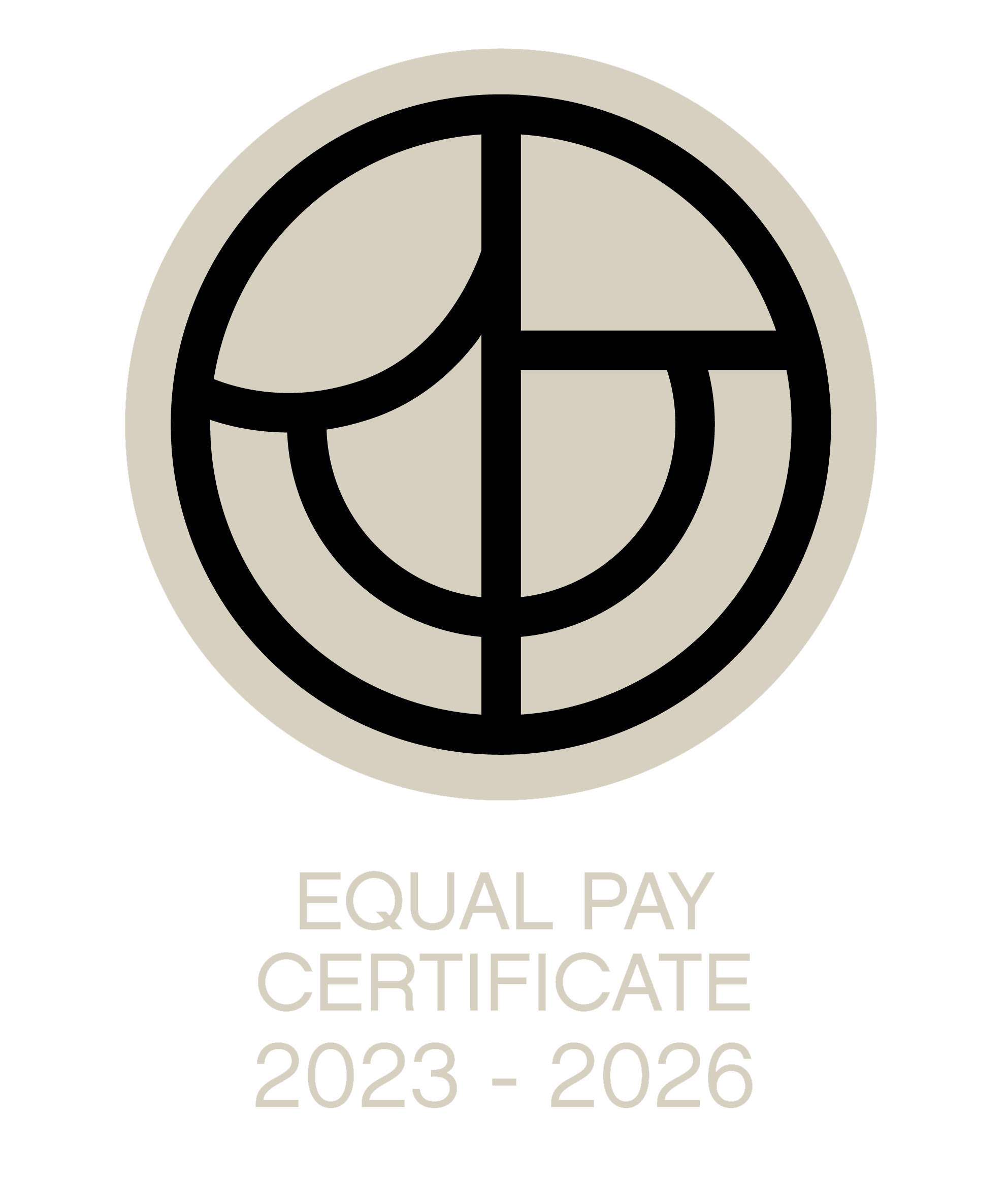Environmental Changes at Higher Latitudes
The Environmental Changes at Higher Latitudes Master program (4 semesters, 30 ECTS each) presents an interdisciplinary/multidimensional knowledge base in ecosystem and environmental science to work with the issues at stake in the Arctic region as well as knowledge about societies and governance.
The EnCHiL Nordic Master program has three main entry points. Depending on your interests and approach to study environmental changes at higher latitudes one of the degree-awarding universities will offer their expertise. The specific programme path will be decided in close collaboration with the local academic coordinators at each of the EnCHiL degree-awarding universities.
EnCHiL students starting at different entry points will have different strengths in their approach to understanding changes at high latitudes. The EnChiL programme also includes joint specialized courses, both e-learning during the first semester and on campus in Iceland during the second semester, where teachers from the different partners will be involved.
The EnCHiL Nordic Master programme is a two-year Master’s degree programme (120 ECTS) offered jointly by the EnCHiL consortium. EnCHiL students will take courses and develop a 30 ECTS thesis. The programme has a compulsory mobility scheme, where all students will at least spend one semester at another EnCHiL university.
Programme Director: Alejandro Salazar Villegas
Students applying for the EnCHiL Nordic Master must at minimum have obtained a Bachelor’s degree corresponding to a minimum 180 ECTS credits from an internationally recognised university, including a minimum of 90 ECTS of studies in natural sciences and technology. Students in their final year of their bachelor’s studies are eligible to apply, provided they complete their degree by the start of the EnCHiL programme. Minimum average grade from a bachelor programme of at least equal to C on the ECTS grading scale (grades from other grade systems will be converted to this scale by the admission office). The EnCHiL programme is taught in English, so if you are not a native English speaker you need to demonstrate proficiency in English. This can be done by either taking a language test or submitting information about previous studies in English. You need to upload proofs that you meet those requirements and those can be proven in three different ways: What is considered adequate foreign English studies is specified per country and follows the entry rules of Lund University for international M.Sc. students. You can find those country-based language requirements here. Please note that it is ONLY the language proficiency requirements we are using from Lund University web-page. Non-native English speaking applicants can also demonstrate their proficiency in English by means of an internationally recognised test: TOEFL: Paper-based (PBT): Min score of 580 (written section grade 4.5) / Paper: (rPDT) Min score of 20 in each section (22 in written section) / Internet-based test (IBT): Min total score of 92 (written section 22) IELTS: 6.5, no section lower than 5.5 (only IELTS Academic Training accepted) PTE Academic. Min of 62; where of 54 in communication skills section. Please note that the language test must not be older than two years. For all applicants, a university degree (or polytechnic/university of applied science degree) completed in English in one of the EU/EEA countries or Australia, Canada, New Zealand, Switzerland or the USA is also an acceptable way of demonstrating academic English language skills. Such degree must include a minimum of what is equal to 60 ECTS studies given in English.
Online studies or studies completed on offshore campuses outside the accepted countries cannot be used to indicate language skills, even if the degree-awarding institution is located in one of the accepted countries. Online language studies or open university studies are not acceptable when indicating language skills.
To apply for the programme, go to https://enchil.net/








